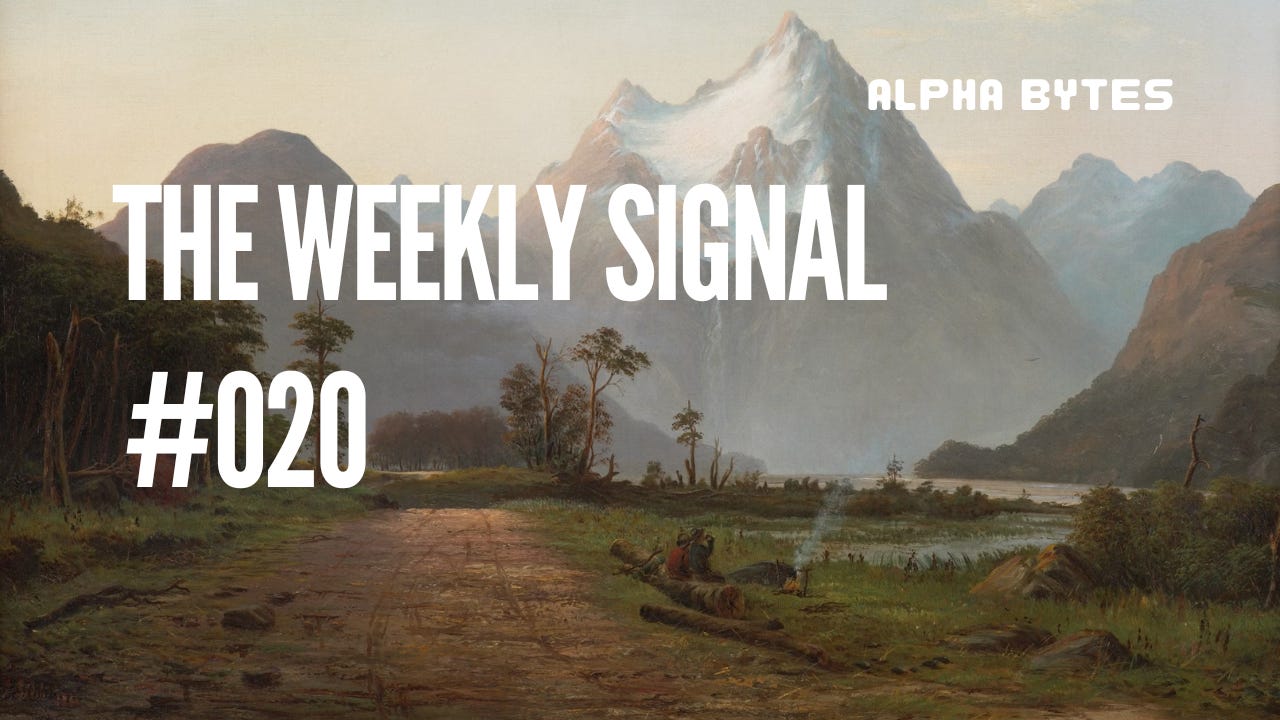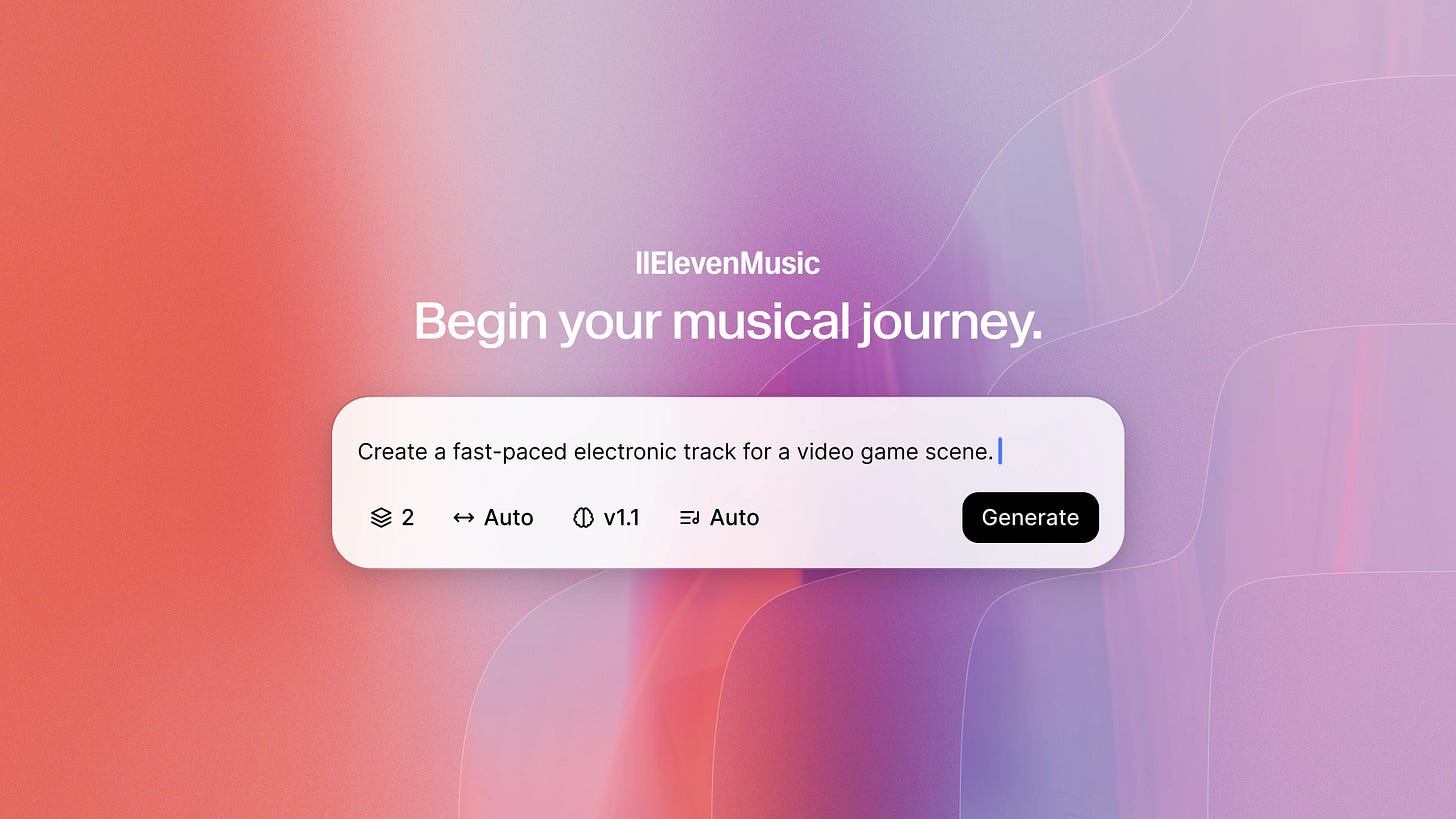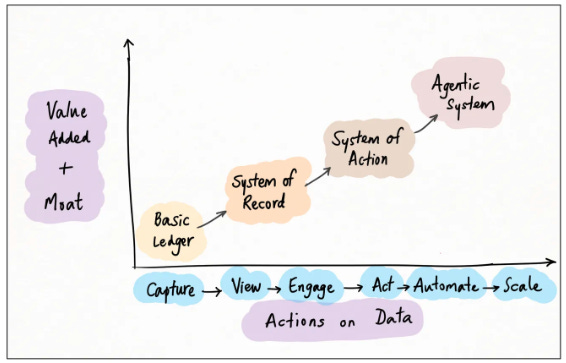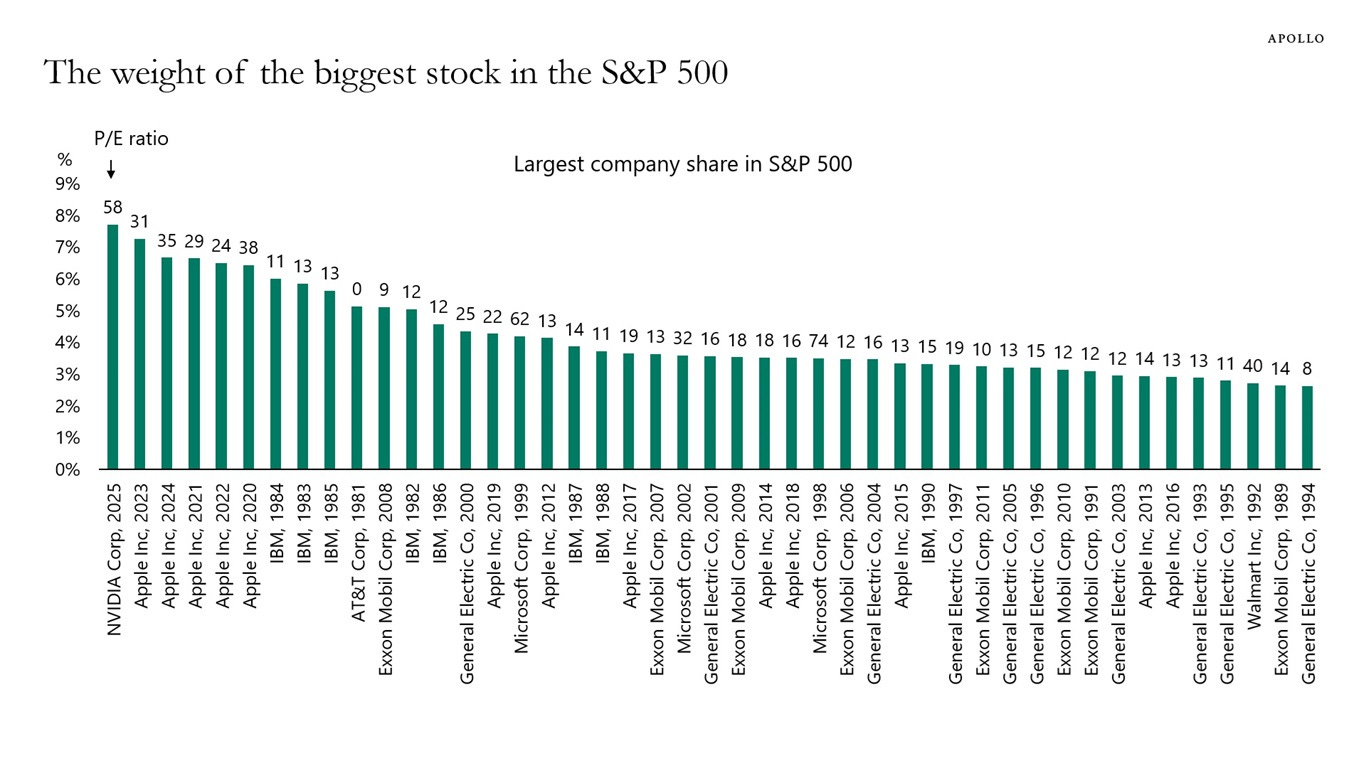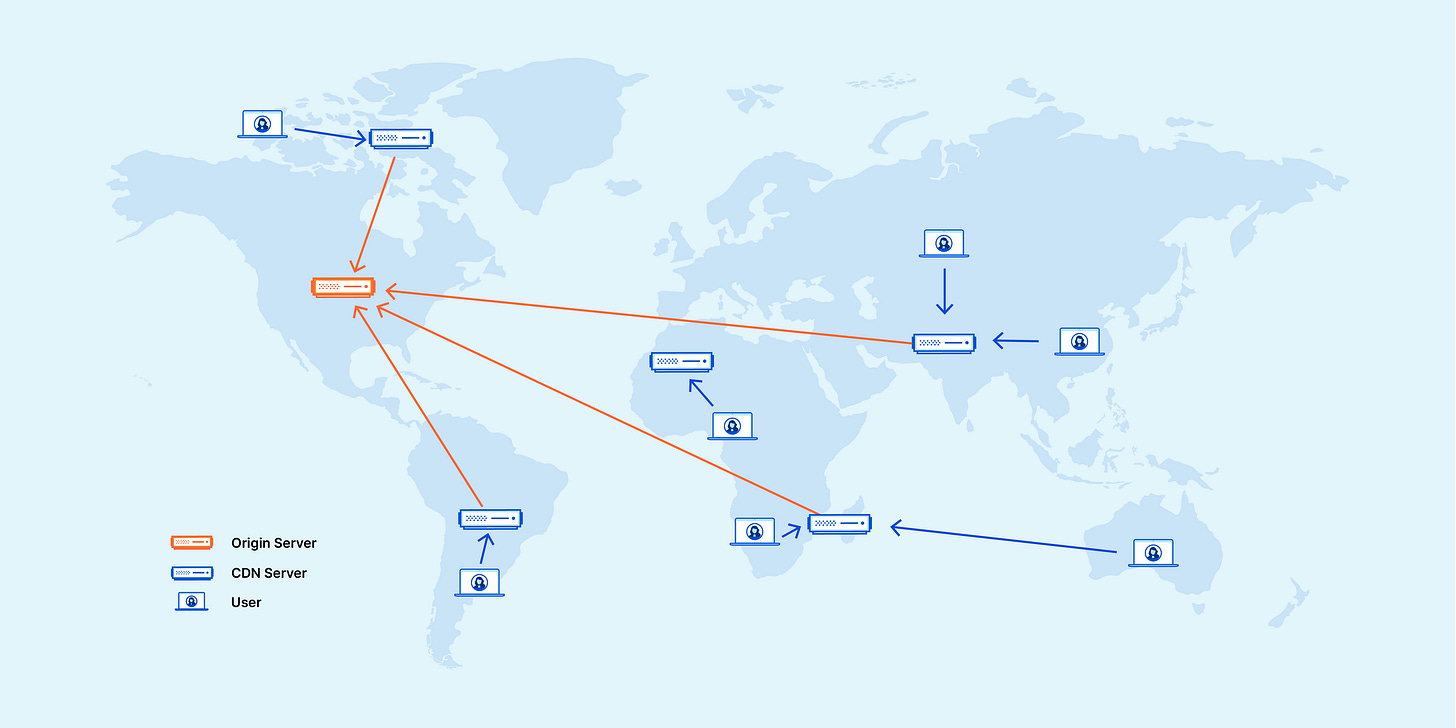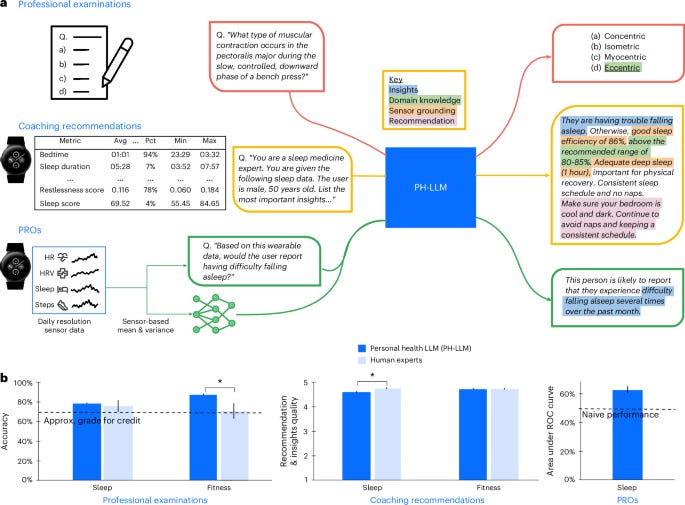TWS #020: Perplexity bids $34B for Chrome; Cloudflare clashes over AI bots; Shopify goes hard on AI agents; Tesla shut sdown Dojo
and much more...
Every week, get the latest curated high signals on news, insights, and ideas around technology, science, and business to help you become a better builder and thinker. Please fill out the survey so we can deliver the best content to your inbox. Thanks for reading!Thanks for reading!
Weekly Find: Eleven Labs AI Music Generation
AI music is now becoming mainstream. Back in July a band called the Velvet Sundown garnered more than 1 million plays on Spotify. It was a clear sign that AI was taking over an art form that was previously thought to be uniquely human. Now, Eleven Labs (the guys behind building real-life authentic AI voices) have taken it up a notch and just launched a tool that let’s anyone make legit, studio-grade music just by typing out what they want. You get to pick the genre, the vibe, even the language, and it decides if you want vocals or just instrumentals. Eleven Labs aren’t the only ones entering this space. You should also check out Producer AI that are trying to do something similar. One thing is for sure: the future of music is going to be pretty wild, and I wouldn’t be surprised when one day you hear a song you’re enjoying and soon realize it’s completely AI generated. This also brings up plenty of questions around licensing too. The line between human and AI generated art form is getting very blurry.
Note: I’m not financially affiliated with any of these tools/companies.
Here’s this week’s scoop:
Perplexity offers to buy Google Chrome for $34 billion
Cloudflare vs. Perplexity — search traffic incentives are getting misaligned
Google’s take on AI Search and why they think it’s not killing website traffic, but helping it
Shopify is going hard on AI Agents
Tesla is shutting down Dojo, their supercomputer for full self-driving
PH-LLM: The rise of niche LLMs for specific use cases
🔥 Nuggets for the Road
After 34 Years, AOL is finally closing its DIAL-UP internet service! — yes, dial-up
iswas still a thing. [LINK]MIT student drops out because she says AGI will kill everyone before she can graduate [MIT]
The fundamental flaw of Hustle Culture — a different perspective on how this type of culture actually results in diminishing and negative returns, especially for AI companies in the long run. [LINK]
South Korea’s military has shrunk by 20% in six years as the male population drops — an aging population, combined with the fact that Koreans are having fewer children, is a telling sign of the cultural times. [CNA]
The Race to Become the System of Action — interesting insights into how the world of vertical SaaS (thanks to AI) is changing from a System of Record into a System of Action. [TIDEMARK]
Extreme concentration in the S&P 500 — a telling visual of how there is an over-indexation of AI in the S&P 500. Nvidia takes the cake, indicating the market is extremely bullish but perhaps a bit too bullish on them according to its P/E ratio. Time will tell. [APOLLO]
📡 The Signal
Perplexity offers to buy Google Chrome for $34 billion
Google has been under recent scrutiny for playing the monopoly card, as it still continues to dominate search. A judge has recommended that it divest its search business by selling the Chrome browser. Usually, with these sorts of monopoly issues, the government comes in and tells the company to sell it off, but they typically go smoothly, and companies just drag their feet and fight it in court. But now, Perplexity has offered to buy the Chrome for $34.5 billion. The plan is to keep Chrome’s core engine open source, invest another $3 billion, and just leave Google as the default engine. Not sure how Perplexity will pay for this, considering it’s only raised $1.5 billion to date ($18 billion valuation). Mind you, they recently launched their own browser called Comet, aimed at integrating their AI features into the browsing experience. My suspicion is that they’ll use Chrome as a Trojan horse to bring its AI services to a much larger market that Google has already established. Whether this will ever happen is a long shot. [LINK]
You should read this piece I wrote on The Browser Wars:
Cloudflare vs. Perplexity — search traffic incentives are getting misaligned
In case you didn’t know, Cloudflare is a CDN (Content Delivery Network). Think of CDNs as glorified routers, where they’re the ones that help bring content to your devices much faster than if they came directly from actual servers. It’s the reason why certain websites load much more quickly (and are more responsive) than others. Given everything that’s happening around AI agents and search, the big problem is that websites make money when actual people arrive on the site, see ads, and click on various links inside the site. Now every website has a file called “Robots.txt”. This file is designed to keep random bots from interacting with the website. But now, this has changed thanks to AI “agent” bots, which are part of Perplexity’s Comet browser (which I spoke about already), which claims they’re simulating real users and deserve to get the same access. What happens is that these bots now skip “Robots.txt”, grab the info on demand, and then leave without the user ever touching the website. The alternative is that the site owners could just prevent these bots from entering completely, but that would mean alienating users who count on these assistants for quick answers. The current state is that Cloudflare is thinking of splitting the web into two parts and charging bots per visit. Perplexity, on the other hand, wants to create a revenue-share plan for publishers. Cloudflare’s business model relies on website owners paying them to host + deliver their content, but if they can’t get real users to the website, then there’s no income generation ability for the content creators to continue paying for Cloudflare’s services — the incentive models are misaligned. [LINK]
Google’s take on AI Search and why they think it’s not killing website traffic, but helping it
Mind you, this is a biased take from Google, but worth reading on how they perceive AI will influence search. Lately, there’s been talk about Google’s AI Overviews and how it might be hurting website traffic. The worry is that when Google answers people’s questions directly, users won’t bother clicking through the actual sites, which means creators and businesses don’t get the visitors they want/need. Well, Google says their data doesn’t show a big drop in clicks to websites, but the clicks people do make are better quality now, meaning users stick around longer instead of bouncing right back to Search. Again, this is somewhat biased as compared to what outside reports claim, which Google says are based on bad methods. Ultimately, people are using Search more, but just in different ways. Google says its AI is built to show off the web, where it highlights links, cites sources, and lets sites control how their stuff is shown. So instead of AI stealing the spotlight, it’s actually helping users find better info and helping creators reach people who care. [LINK]
You should also read on how SEO is now morphing into Generative Engine Optimization (GEO).
Shopify is going hard on AI Agents
I know…there’s plenty of AI search stuff on this week’s newsletter…but this one is interesting because it goes off the fact that people aren’t searching for products the old way anymore — obviously tools like ChatGPT have made it so much easier to ask questions with product-related content. This has been pretty challenging for e-commerce businesses because if you want to add shopping features to your app/bot, it’s a hassle because you have to write code and get all the merchants on board, which is painful. This is why Shopify is building out tools that make it easier for store owners to let AI agents show you products from millions of stores, with real-time info and local prices. So, for example, let’s say you’re chatting with a bot/assistant and you mention you need a new pair of shoes. The chatbot uses Shopify’s catalog feature to instantly show you options from different stores, which could be Nike, Adidas, etc. You then pick what you want, add both items to your universal cart, and then check out right in the chat without ever leaving the app or going to other websites. Shopify is betting that shopping through AI agents and chatbots is about to explode, and they’re making sure their merchants don’t get left behind. [LINK]
Tesla is shutting down Dojo, their supercomputer for full self-driving
I remember watching the keynote address for this back in 2023, and it seemed incredibly promising. In fact, it was, but things have since changed with the emergence of xAI. The whole point of Dojo was to build a self-contained and in-house Tesla supercomputer (including its own silicon chip) to remove their dependencies from the likes of Nvidia, Google, AWS, and Azure. It also allowed them to fine-tune it for Tesla video data. But it turned out that it was too much to tackle, considering Tesla isn’t in the business of chip building. So they’re going to outside providers, i.e., Nvidia, Samsung, TSMC, etc., to help with both the onboard vehicle chips and the training chips in their data centers. Another spin to this was the creation of xAI, which has gone out to compete against the likes of OpenAI, Google, Meta, and Anthropic. They’ve gone ahead in building out their own AI clusters, which means they now have huge amounts of AI compute, which perhaps offsets the need for Dojo. Tesla is also seeking to invest in xAI, showing there could be a strong symbiotic relationship between the two companies in the future. [LINK, OBSERVER]
PH-LLM: The rise of niche LLMs for specific use cases
Google just released a new AI called PH-LLM (Personal Health-LLM), which is basically a version of Google’s Gemini model, but it’s been specially trained to understand and reason with different types of wearable data for sleep and fitness. The model was tested on how well it knows its stuff, how good it is at making sense of real-world case studies, and whether it can predict how you’ll feel about your sleep. The results showed that PH-LLM scored better than human experts on fitness and sleep quizzes, and on par when it came to providing advice on real people’s data. It will be interesting to see if (and how) Google makes this available to other players like Garmin, Whoop, and many other fitness wearable manufacturers, as each one of them is relying on their own internal models to produce insights for the user. [NATURE]
If you liked this, here are a few more popular posts:
🙋🏻♂️ Survey
To build the best newsletter for you all, I’d love to get some feedback. If you have some time, please fill out the following survey.
🏆 Alpha Bytes Premium
If you like our content, you can explore our Premium option. You can read more about it here. This includes (for now):
✅ Full access to the weekly newsletter
✅ Full access to podcasts + curated transcripts in Q&A format—this has become widely popular.
✅ Full access to all deep dives, essays, and tactical field guides
✅ Early access to new features and experimental content
🤩 Deals, Discounts & Affiliates
You can find carefully selected offers and deals here.
🙏🏼 Connect with Me
Are you new to the newsletter? Subscribe Here
Check out my YouTube channel (and subscribe!)
If you’re a founder, apply here (Metagrove Ventures) for startup funding or contact me directly at barry@metagrove.vc
If you think this could be helpful and informative to others, please share it :)
Thanks for reading, and see you next week!
Barry.



